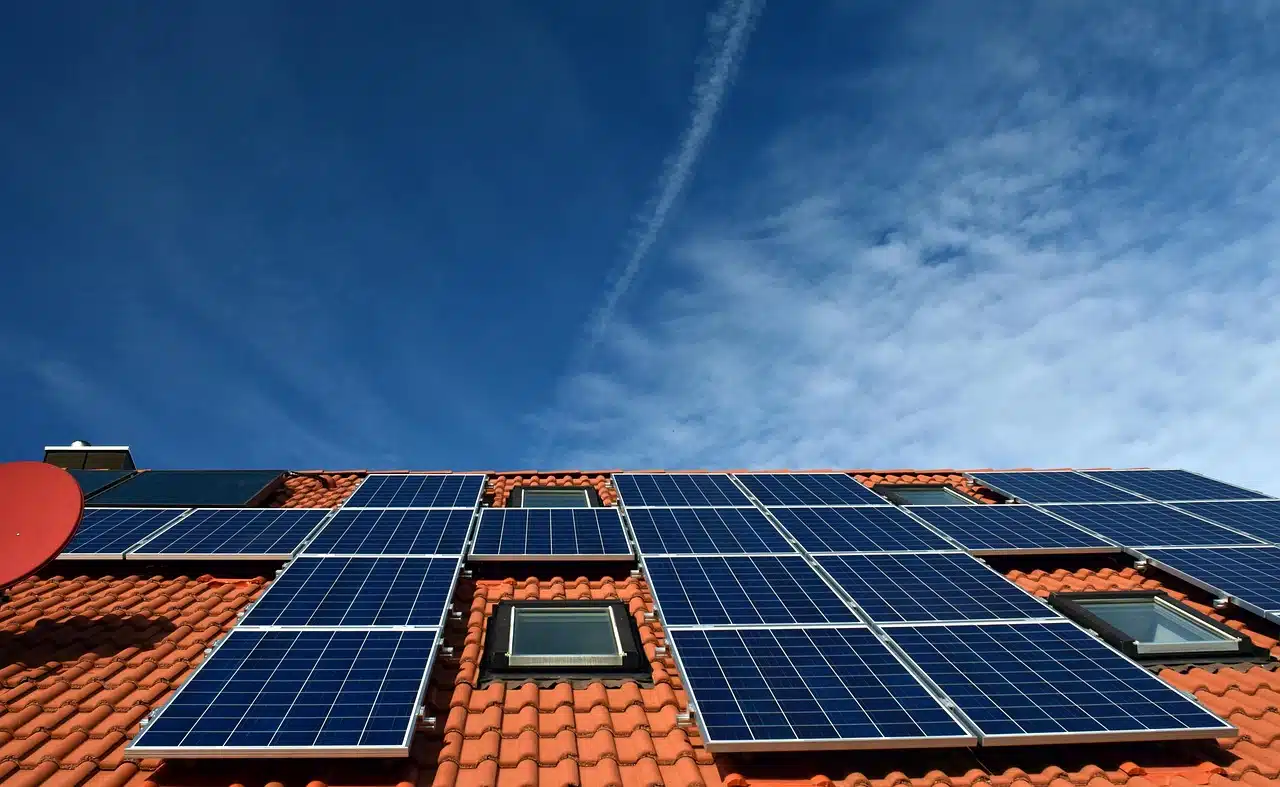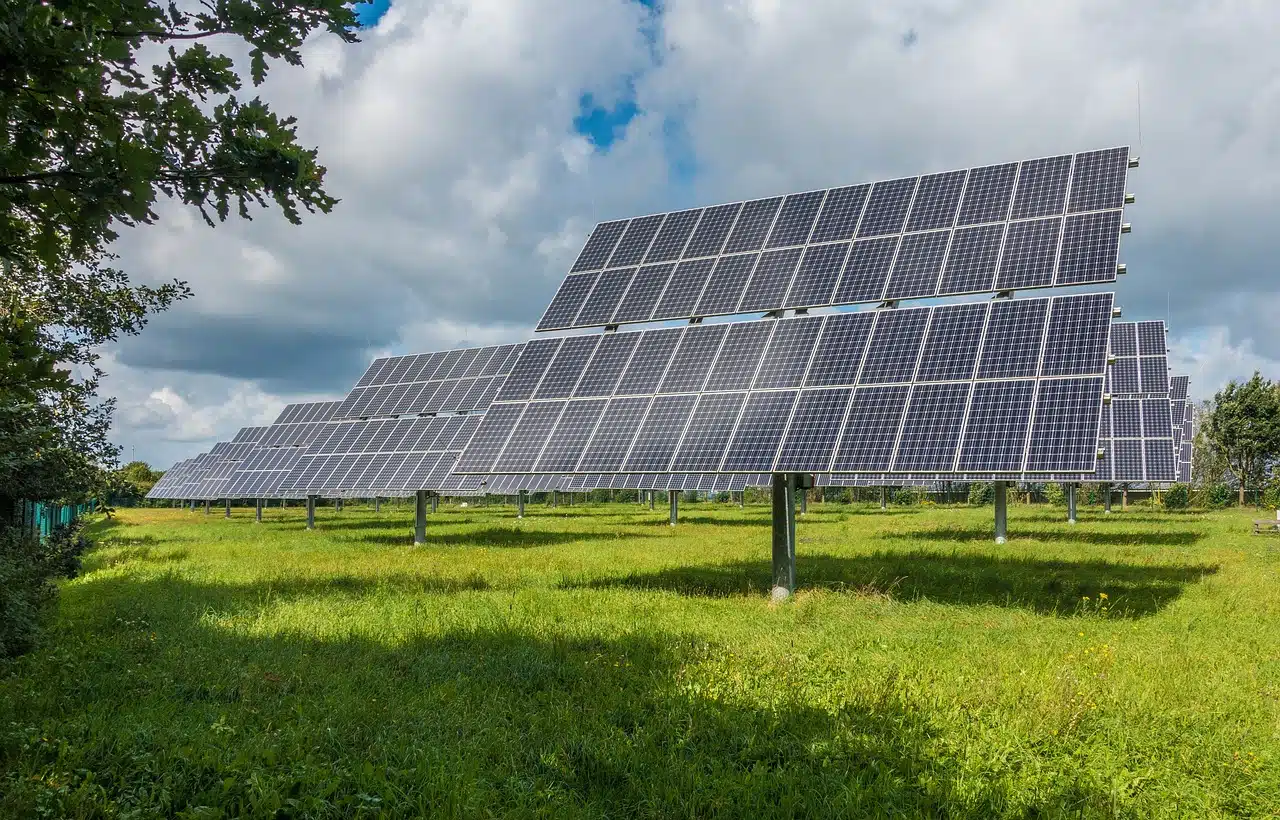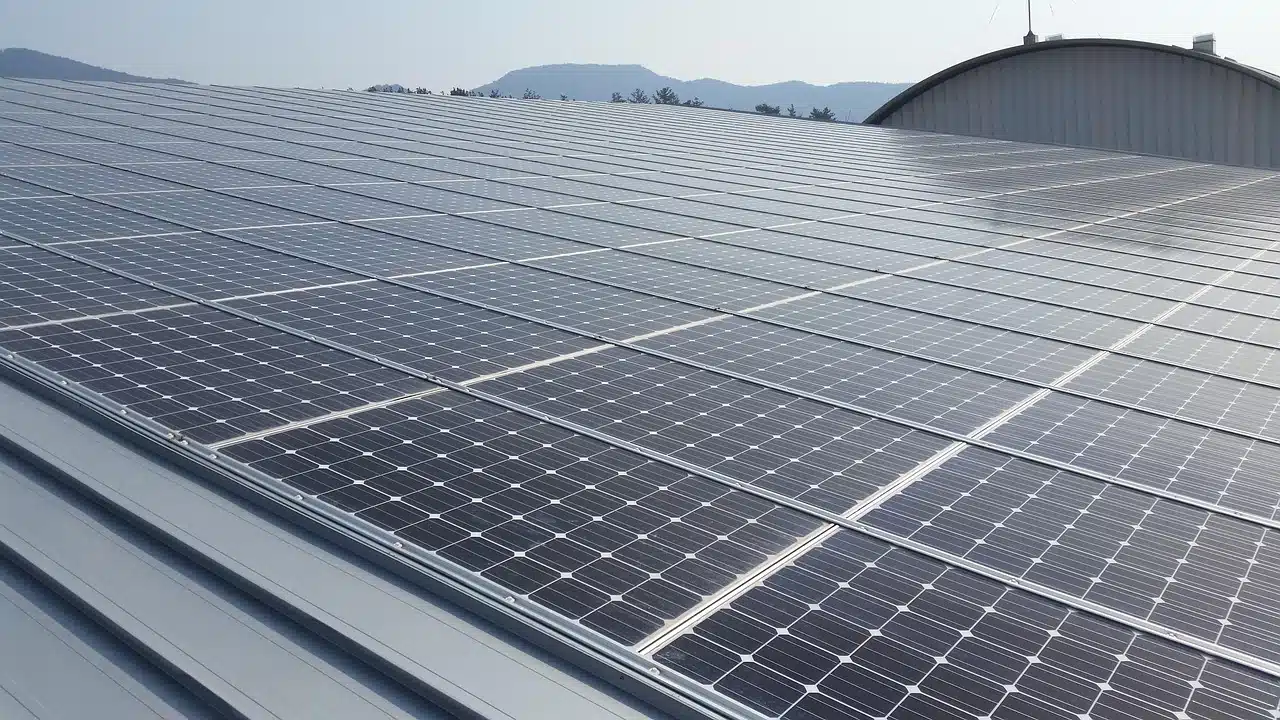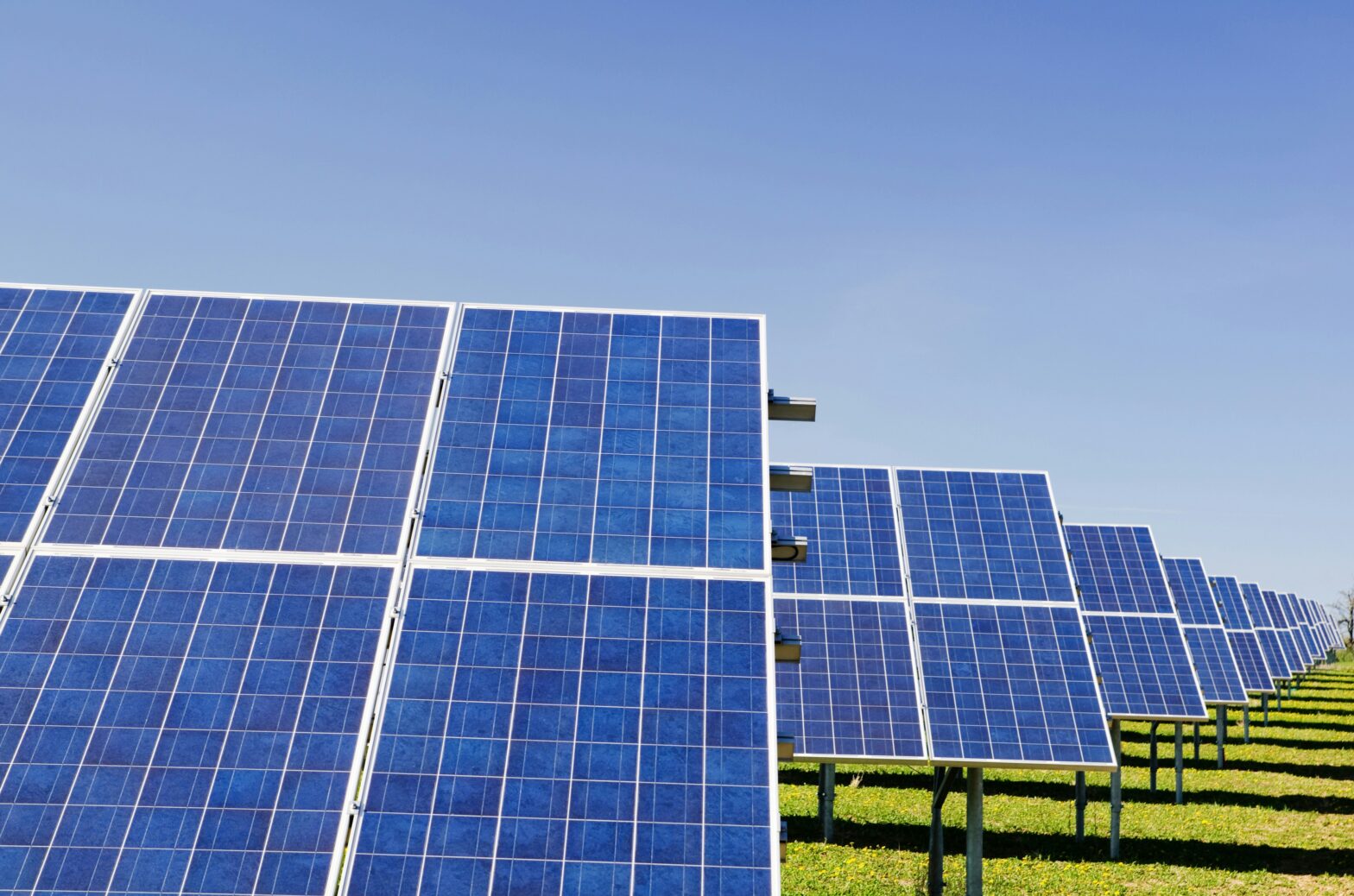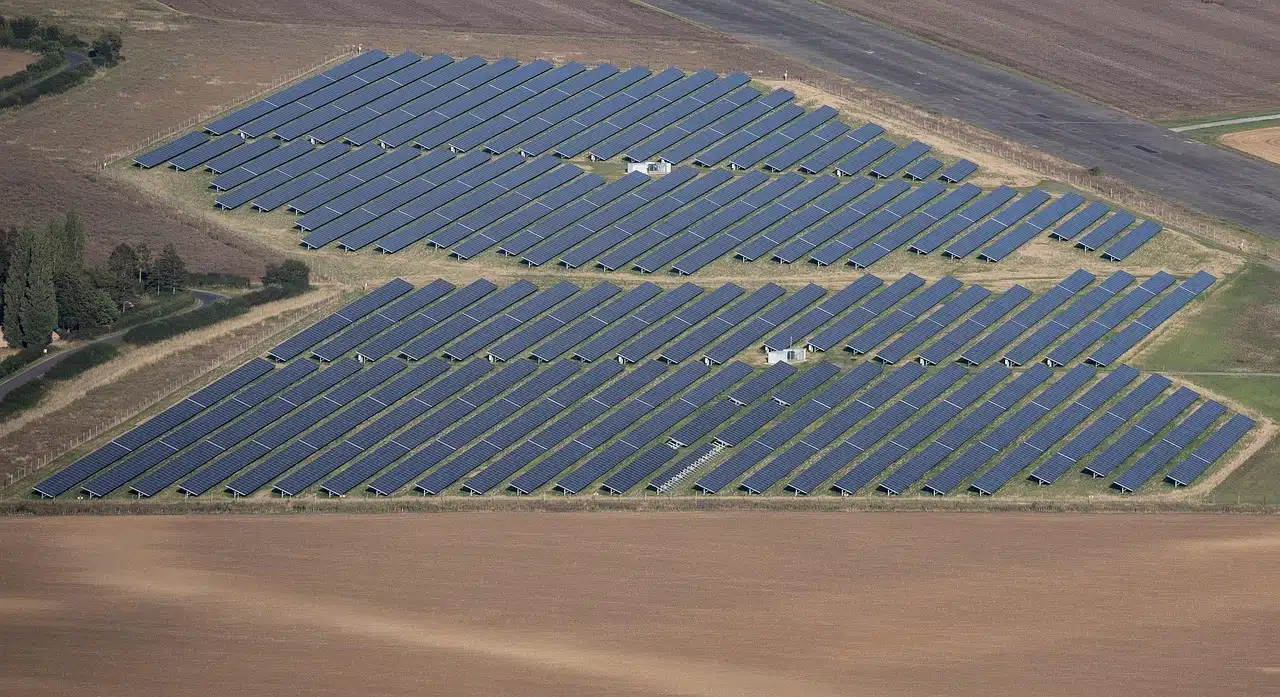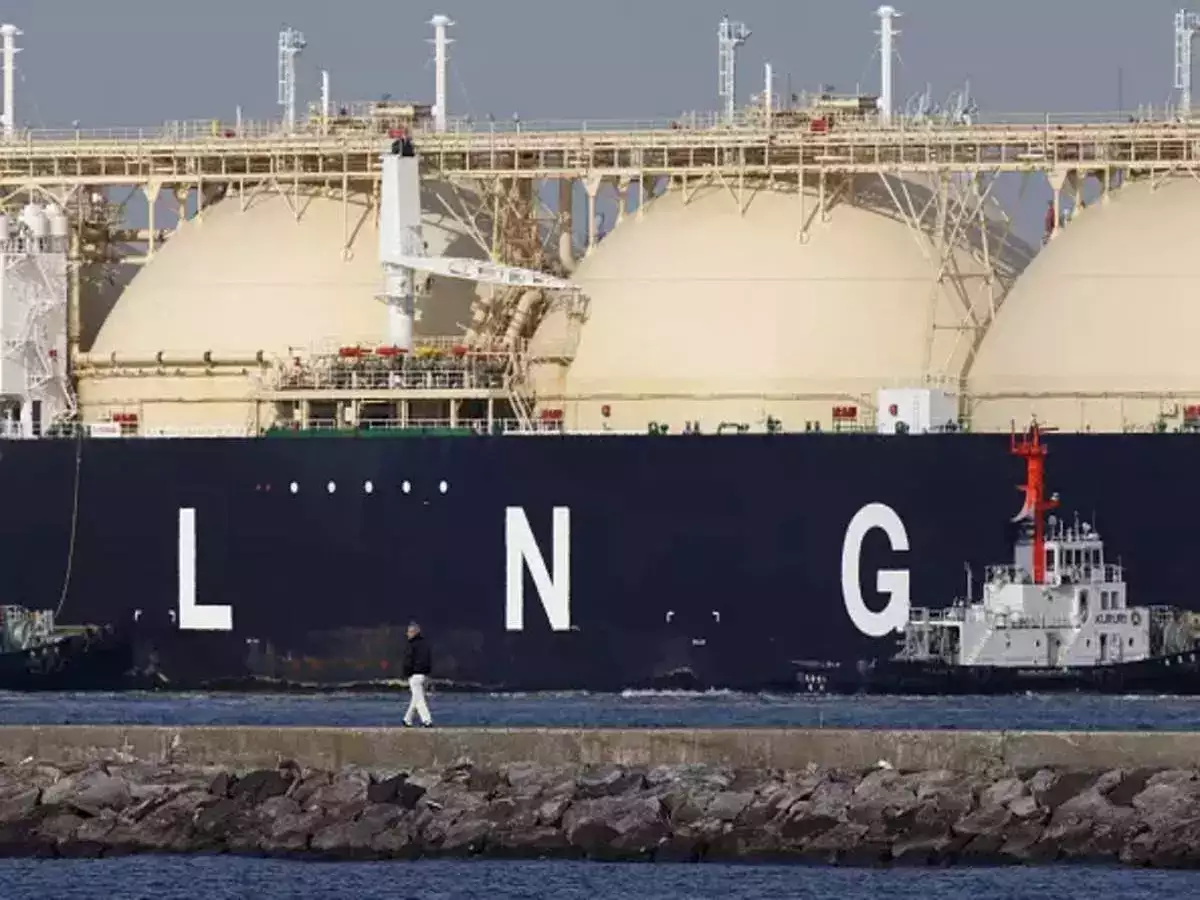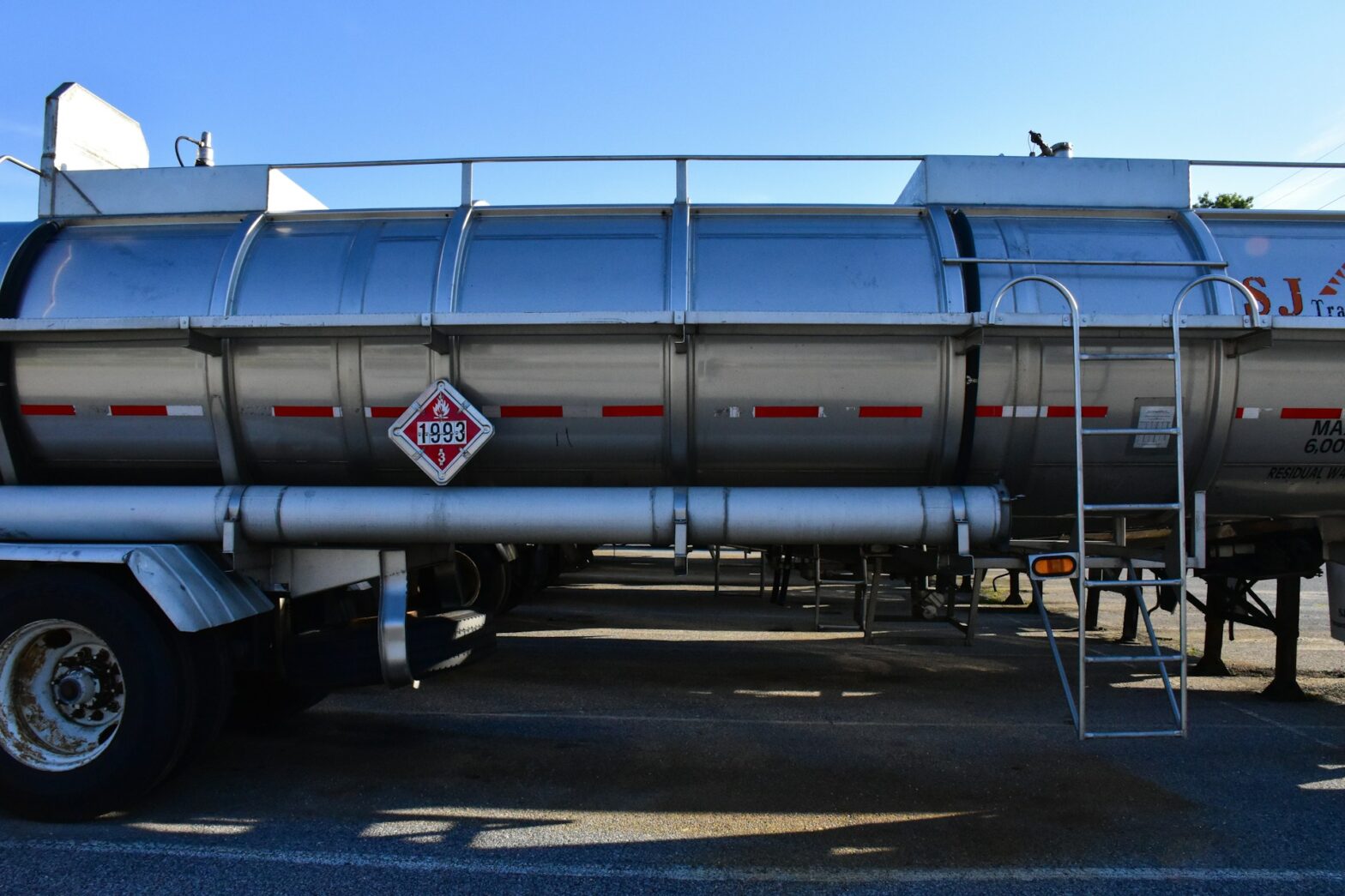As Nigeria heads into peak rainstorm season, homeowners that have installed solar power face the prospect of heavy rainfall and high humidity damaging their panels.
Nigeria’s climate varies by region and season, but as the world faces the temperate summer season, Nigeria will be facing persistent rainfall.
In fact, the Nigerian Meteorological Agency (NiMet) has predicted thunderstorms and rainfall for three consecutive days (June 2- June 4) across the country.
“Expect frequent rainfall, thunderstorms, and cloudy skies due to consistent moisture flow from the Atlantic Ocean and the advancing ITD (Inter-Tropical Discontinuity)”, NiMet said in a weather advisory.
Among other things, the heavy rainfall and thunderstorms projected have the potential to cause trees to fall on solar panels as well as trigger flash floods which have already affected Niger state in Central Nigeria.
Also, the coming thunderstorms and resultant lightning strikes risk causing power surges that can damage inverters and electronics. The risk of moisture and high humidity can corrode metal frames, damage crucial wiring, or cause short circuits.
To ensure the integrity of solar panels during this period of projected extreme weather, homeowners who have rooftop solar panels installed should know just how best to protect their solar panels from damage.
Methods of protecting your solar panels
- Use corrosion-resistant aluminum frames and waterproof connectors (IP67+ rated)
- Use solar panels that use Perovskite solar cells (PSCs) for greater efficiency.
- Ensure proper sealing of junction boxes and cables.
- Install lightning arrestors and proper earth cables to guard against lightning strikes.
- Get surge protectors for inverters and charge controllers.
- Use heavy-duty mounting systems like galvanized steel to ensure high winds do not loosen or detach your panels.
- To guard against damage from salt air corrosion, get salt-resistant panels. Marine-grade panels are suitable for mounting near the Atlantic Ocean.
- Use stainless steel mounts instead of regular aluminium as aluminium corrodes faster.
Maintenance tips for your solar panels during the rainy season
1. Clean your solar panels monthly as leaves and other debris may settle on them after the rains. Debris on solar panels will reduce the energy output and result in battery degradation.
2. Make sure to check electricity connections before the rainy season as it will help you detect if there have been any changes caused by the weather conditions during the season.
3. Trim nearby trees to avoid shading and falling branches as these can reduce the integrity and performance of the solar panels.
4. Check to make sure all bolts are tightened and secure as strong winds can
What to do if your solar panels get damaged
If your solar panel is damaged, the best course of action is to replace them if repair efforts are not feasible.
Solar panels are expensive and it is unsustainable for homeowners to replace them every so often due to damage or degradation.
To guard against the financial burden, ensure your solar installer provides at least a 10-year product warranty. While damage from natural causes are not typically covered by product warranties, it is important to find out if your installer has a warranty that covers such damage.
Another way to pay for damage to solar panels is to get insurance coverage for extreme weather damage. Insurance is the best way to replace damaged solar panels with no unnecessary burden to the owner.

